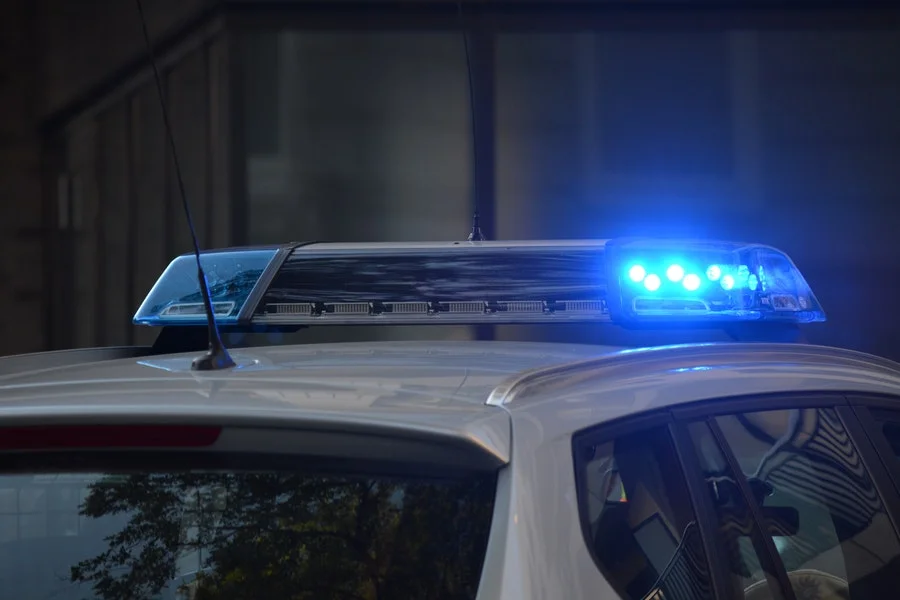In a span of 13 hours on August 4th, two mass shootings were carried out resulting in the loss of 31 lives. The first, occurring in El Paso, Texas, and the second, in Dayton, Ohio. The communications that take place during these tragic events are critical to calming the community, providing information to news media, and ensuring that the public gets information it needs and wants. Frequently, law enforcement agencies are reluctant to provide details they’ve learned and for good reason. Without question, potential litigation or other unexpected activities carry potential impact on an investigation, the city, the police department and the community as a whole.
Recently, the Dayton Police Department demonstrated a remarkable level of candor in their first press conference and just hours after the shooting. Rather than restricting information, the department walked news media and the public through details they had learned about what occurred before, during and after the tragedy.
At 4 p.m. on the day following the shooting, Dayton Police Chief Richard Biehl led a press conference, which is unique in and of itself. Chief Biehl walked media through the chain of events that had occurred the night before and the police department's understanding of what happened. Chief Biehl explained the timeframe, providing a clear image of the path the shooter took, played related 9-1-1 calls, and showed video of the of Dayton officers neutralizing the shooter. The video showed the shooter’s weapons. The nation and especially the Dayton community had questions. Chief Biehl’s commitment to providing details early on proved to be an act of kindness to everyone seeking answers, but also contributed to securing accuracy and discouraging misinformation from spreading. By sharing evidence and information collected by police in a remarkably short period of time, the community could begin processing what occurred. The police department's bravery, and ability to respond as quickly as they did during the event itself and subsequently with information, was heroic and helpful. It’s how crisis communications can be done successfully and effectively.
Law enforcement is an interesting profession and one that has lost public trust in many ways. One reason could be the practice of withholding information. For example, during the tragic Trayvon Martin shooting in Sanford, Florida. In an effort to protect the integrity of their investigation, the police department was slow to share details about what they knew. The case was complicated and controversial, and news media showed significant outrage at the lack of information. Every case, every shooting, has multiple levels of complexities. And police are the ones responsible for figuring out just what happened and enforce the law. A botched investigation or inappropriate release of information can ruin the chances for a desired outcome.
Chief Biehl and his team executed a thoughtful plan for releasing information. They were clear about what they would and wouldn’t share. Chief Biehl remained composed. He listened to the questions and took time to think about how he would answer. That’s the key. The media — including social media — can leave knowing they got answers, maybe not everything they wanted, but answers. The police department took news and social media seriously, didn’t treat them like an enemy and controlled their information at the same time.
In this digital age with the amount of information available in the world, the Dayton Police Department performed great a community service by trusting its publics.
The press conference live stream is still available on YouTube. It remains a fine example of a press conference and communications done right. Of note, the negative comments that often accompany social media can be seen as well.
In these deepest darkest days in Dayton, we can take note on how to be strong crisis communicators. This is how you treat the public — with dignity. The public deserves it.
Tune in to the Stop Talking Podcast below to hear more thoughts and perspectives on crisis communications below. You can also find Stop Talking wherever you get your podcasts.


